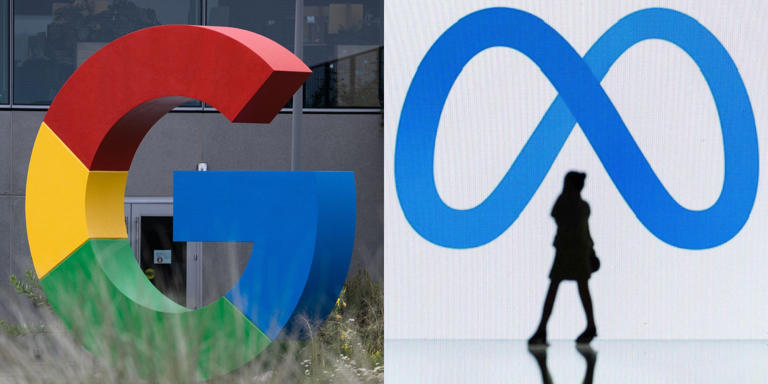Daniel McKinnon, a seasoned product manager with extensive experience at both Meta and Google, recently shared valuable insights gleaned from his six-year tenure at these tech juggernauts. His reflections offer a nuanced comparison of the two companies, shedding light on various facets ranging from compensation structures to workplace culture, providing invaluable guidance for individuals contemplating their career trajectories.
McKinnon’s observations underscore the diverse considerations that prospective candidates should weigh when contemplating roles at Meta or Google. He elucidates key disparities across several critical dimensions, delineating how each organization approaches facets such as compensation, work-life balance, project dynamics, company transparency, organizational culture, career progression, and the delineation of roles between product managers and software engineers.
Compensation emerges as a pivotal factor, with McKinnon illuminating the distinct remuneration frameworks employed by Meta and Google. While Meta may offer more substantial stock grants and refreshers, Google’s compensation strategy revolves around bonuses and equity grants, particularly for employees deemed to have made a significant impact.
In the realm of project dynamics, McKinnon delves into how Meta and Google foster innovation. While both companies embrace a bottom-up approach, Meta’s leadership may exhibit greater assertiveness in pursuing new initiatives, potentially leading to faster project iterations. Conversely, Google’s decentralized structure affords teams prolonged autonomy, fostering both opportunities and challenges for product managers.
Company transparency represents another salient distinction, with Meta fostering a culture of openness and accessibility epitomized by CEO Mark Zuckerberg’s weekly Q&A sessions. Conversely, Google’s communication channels may be more formal, posing challenges for employees seeking comprehensive insight into ongoing projects and strategic initiatives.
McKinnon also delves into the nuances of workplace culture, highlighting disparities in the tolerance for dissent and free expression. While Meta encourages robust dialogue and data-driven decision-making, Google’s culture may lean towards restraint, with less emphasis on challenging established norms.
Career progression emerges as a critical consideration, with Meta potentially offering a swifter trajectory compared to Google’s tenure-based approach. However, McKinnon cautions that rapid advancement at Meta may entail higher expectations and commensurate risks.
Finally, McKinnon reflects on the evolving role of product managers at Meta and Google, suggesting that Meta affords PMs greater autonomy and strategic influence, while Google’s PMs may adopt more auxiliary roles within projects led by software engineers.
In essence, McKinnon’s insights underscore the multifaceted nature of the decision between Meta and Google as potential employers. While Meta may promise greater opportunities for growth and impact, Google may offer a more conducive work-life balance and organizational stability. Prospective candidates are encouraged to carefully evaluate these factors against their personal career aspirations and values to make informed decisions conducive to long-term success and fulfillment.
